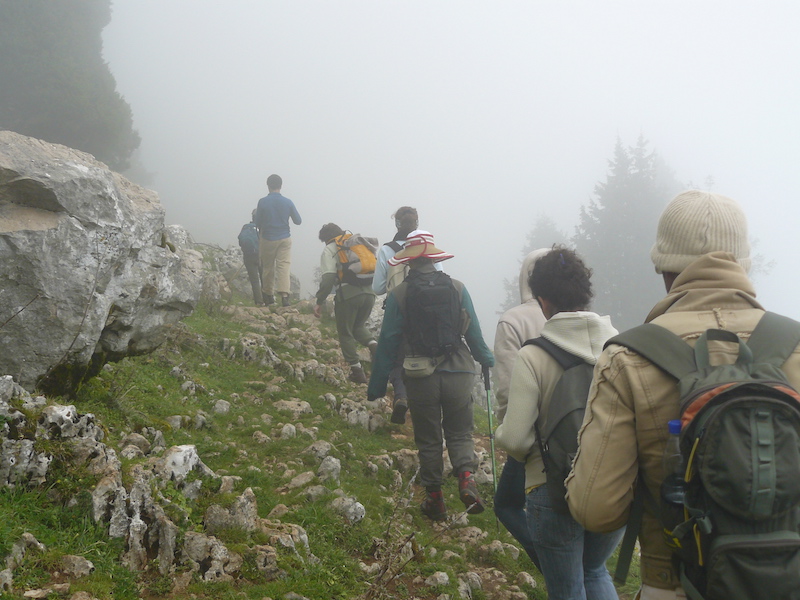
It is amazing what is studied… research shows that the weight on your shoulders affects perception, judgement, and motivation. The studies put heavy backpacks on participants and demonstrated effects that may make you question how each of us experiences the world.
Studies that may be of interest…
Proffitt 2006
Embodied Perception and the
Economy of Action
When the metabolic costs associated
with walking an extent increase—perhaps because one is
wearing a heavy backpack—hills appear steeper and
distances to targets appear greater. When one is standing
on a high balcony, the apparent distance to the ground is
correlated with one’s fear of falling. Perceiving spatial
layout combines the geometry of the world with behavioral
goals and the costs associated with achieving these goals.
Slepian 2012
The Physical Burdens of Secrecy
People who recalled, were preoccupied with,
or suppressed an important secret estimated hills to be steeper, perceived distances to be farther, indicated
that physical tasks would require more effort, and were less likely to help others with physical tasks.
Kouchaki 2014
The Burden of Guilt
Across four studies, we found that participants
who wore a heavy backpack experienced higher levels of guilt as compared to those who wore a
light backpack. Additionally, wearing a heavy backpack affected participants’ behavior.
Specifically, it led them to be more likely to choose healthy snacks over guilt-inducing ones and
boring tasks over fun ones. It also led participants to cheat less.
Emotional burden has long been described as a “weight upon the shoulders.” These studies highlight some of the effects that are experienced with real and emotionally produced weight. This is produced through posture and muscle behaviors that coincide with whatever stimulus and experience is coming our way. Care is needed to not become accustomed to acting like that weight is there all the time. Stress, anxiety, conflict, etc in daily life support habits that predispose us to more of the same unless we can figure out the difference between carrying and letting go.
Aikido is a great way to practice the physical process of letting go to support openness and responsiveness. Aligned posture, centered breathing, extension (instead of tension) all make for better Aikido and let go of the burden we carry.
